Publications
Articles, publications, books, tools and multimedia features from the U.S. Institute of Peace provide the latest news, analysis, research findings, practitioner guides and reports, all related to the conflict zones and issues that are at the center of the Institute’s work to prevent and reduce violent conflict.
Question And Answer
Amid a Changing Global Order, NATO Looks East

Could Iraq’s Economy Suffer Collateral Damage from Iran Sanctions?
With Iraq and Iran sharing a 900-mile border and deep commercial ties, the renewal of U.S. sanctions against Tehran without doubt would be felt in Baghdad. To what degree the Iraqi economy could end up collateral damage of the sanctions, however, requires detailed analysis.
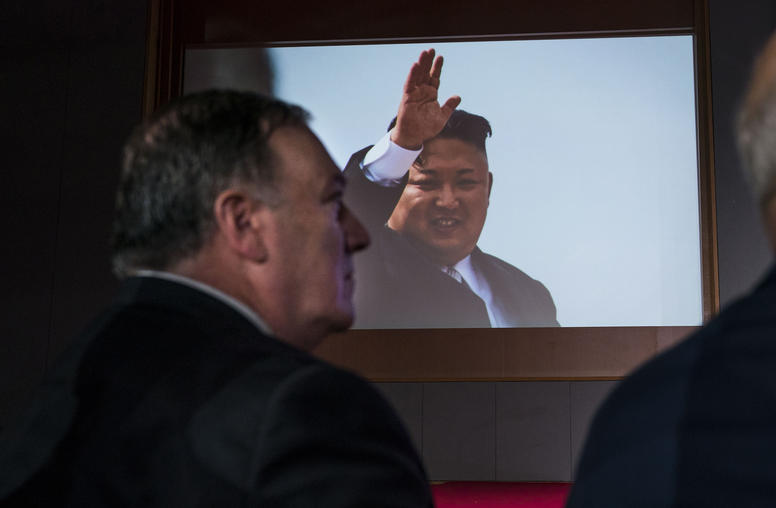
Can North Korea Negotiations Get Back on Track?
Frank Aum looks at the ramifications of the cancellation of Secretary of State Pompeo's trip to North Korea and what it could signal about U.S. policy moving forward.
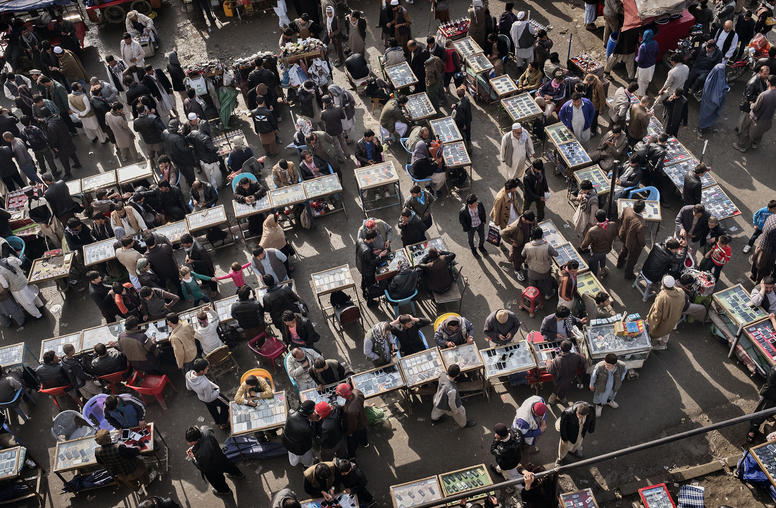
Afghanistan’s Economic Development Hinges on the Peace Process
Breaking out of Afghanistan’s current economic stagnation, rising unemployment, and poverty will only be possible if there is strong, sustained progress toward durable peace and political stability. Lowering security costs and, over time, reducing the extremely high aid dependency is the only way for the country to move toward balancing its budget books.
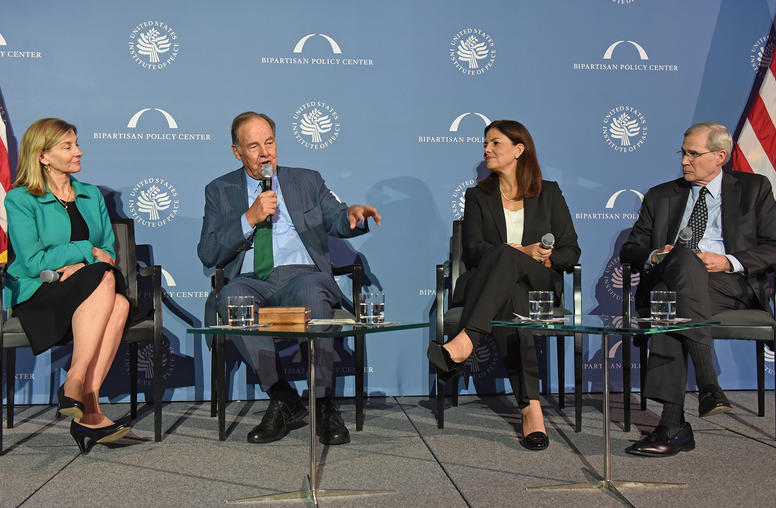
Terrorism has “Changed Dramatically” Since 9/11, Experts say Bipartisan Solutions Needed
Despite counterterrorism efforts that have “thwarted dozens of plots and thoroughly disrupted terrorist capabilities,” we “cannot rest” in our efforts to prevent violent extremism, said Director of National Intelligence Daniel Coats Tuesday night at an event at the U.S. Institute of Peace. The event, co-hosted by USIP and the Bipartisan Policy Center on the 17th anniversary of 9/11, recognized 9/11 Commission chairs Gov. Thomas Kean and Rep. Lee Hamilton for their work leading the Commission and for continuing this work through the Task Force on Extremism in Fragile States.

The Risks of Violence in Nigeria’s 2019 Elections
In February 2019, Nigerians go to the polls to elect the country’s next president, parliament and state governors. Nigeria’s elections have historically been tense, and as the campaign gets underway there are concerns the upcoming process will see new violence. USIP’s Chris Kwaja, Oge Onubogu and Aly Verjee discuss the significance of the vote, what has changed since the 2015 elections, and suggest what can be done to mitigate risks of violence.
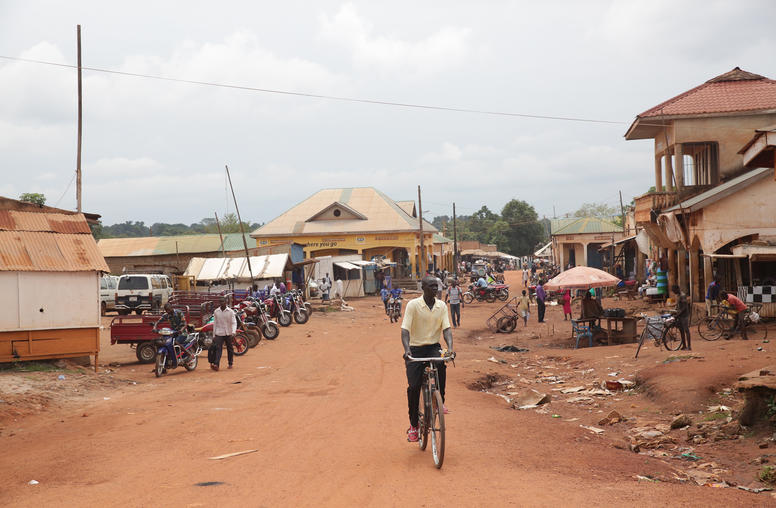
In South Sudan, the Trust Deficit Could Doom a new Peace Deal
On September 12, after nearly nine months of talks, the warring parties in South Sudan signed a “revitalized” peace agreement, superseding a 2015 accord and bringing an end to the High Level Revitalization Forum. But fighting has continued in the days since the deal was signed, and many remain skeptical that this agreement will succeed. USIP’s Aly Verjee discusses the deal.
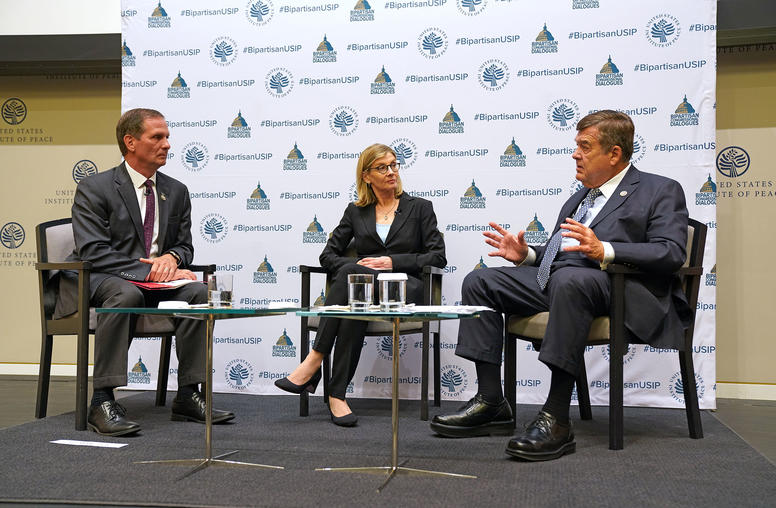
America’s Vital Needs on China Policy: Realism and Strategy
As U.S. national security debates focus heavily on the growing power and ambitions of China, two prominent members of Congress discussed how bipartisan policymaking can better protect America’s interests. Representatives Chris Stewart (R-UT) and Dutch Ruppersberger (D-MD) emphasized a need for strong engagement in Washington between the political parties, and for focused U.S. attention on China’s military buildup, intellectual property theft and cyber activities. Both congressmen are members of the House of Representatives subcommittee that oversees the U.S. foreign affairs budget, and both have played leading roles on national security and intelligence issues.
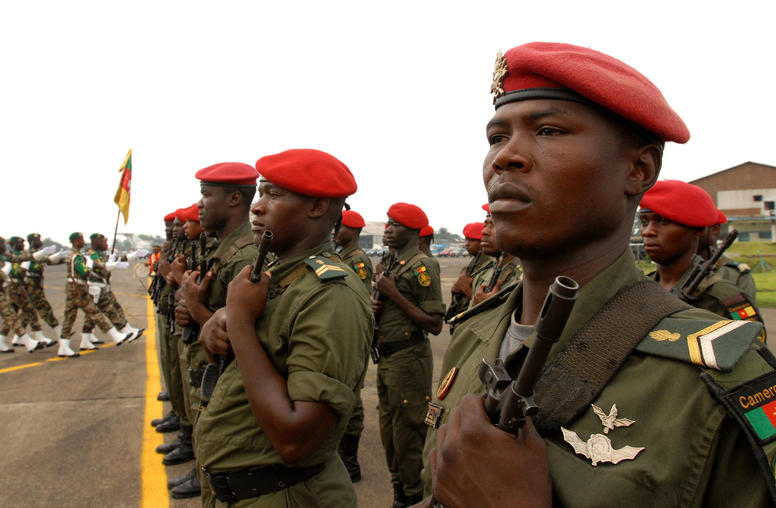
Cameroon’s Anglophone Uprising: A Crisis Overlooked
The African nation of Cameroon has lived for years between the fires of civil warfare—in Nigeria to the west and the Central African Republic to the east. But the authoritarian regime of President Paul Biya for years has suppressed peaceful and moderate dissidence, violating citizens’ human rights with impunity, helping ignite an armed conflict with members of Cameroon’s anglophone minority.
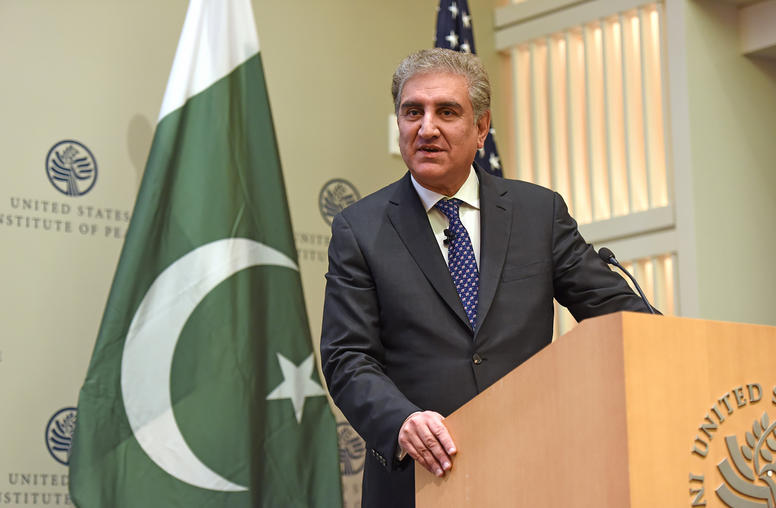
Pakistan Pursues a ‘Reset’ in U.S. Relations
Even with U.S.-Pakistani relations badly frayed over the war in Afghanistan, Pakistan’s new government wants to seize an opportunity for a political solution of that war, Pakistani Foreign Minister Shah Mehmood Qureshi said October 3. A “new convergence” of thinking among the Pakistani, Afghan and U.S. governments is creating much of that opportunity, Qureshi said at USIP in his first visit to the United States under the two-month-old government of Prime Minister Imran Khan.
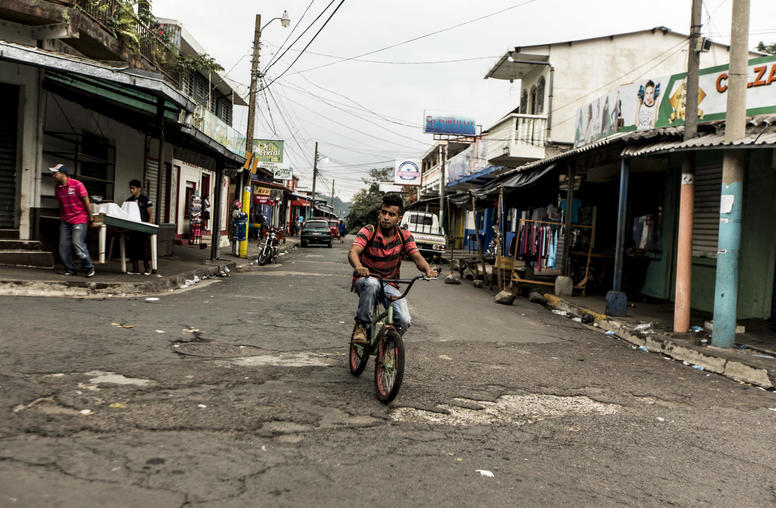
Central America: To Slow Refugees’ Flight, Reduce the Violence
The flow of asylum seekers from Central America’s Northern Triangle to the U.S. border stems from intense violence fueled by corruption, drug trafficking, gang culture and poverty, specialists on the struggling region said.